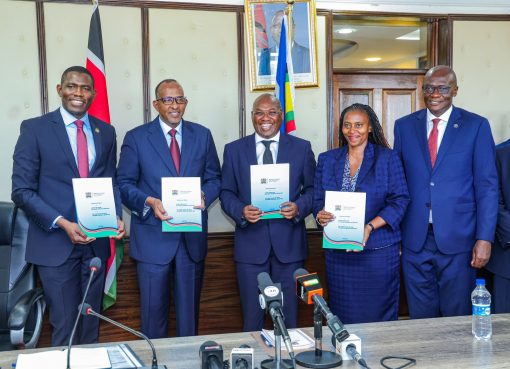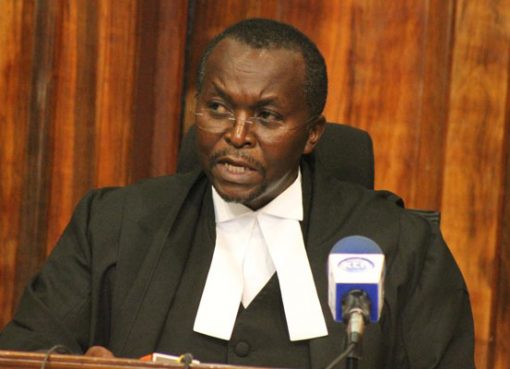The Ministry of Tourism and Wildlife held a conference with County Wildlife Compensation Committees from Nairobi, Kajiado, and Kiambu to sensitise them on the mandate to compensate individuals affected by human-wildlife conflict.
Speaking on Friday in Nairobi, Tourism and Wildlife Cabinet Secretary Rebecca Miano said Kenya is blessed with various species of wildlife, even though they pose a menace to the people.
Miano stated that the Ministry is partnering with communities to compensate those who are affected by the conflict.
“The President has made it clear to us as a Ministry that communities and the people of Kenya are at the centre of the government’s mandate that we have been given to compensate the victims,” she added.
The CS announced that the President has initiated the process of compensation so that it is done in an organised and timely manner and underscored the integral part that the creation of the county committees is for the victims.
Miano said that the Community Wildlife Conservation Committees (CWCCs) have been capacitated and given adequate information on the compensation scheme.
“It is exciting that we are now having a digital system that they have been taken through. The system will minimise cases that are not genuine,” she stated.
Miano noted that the system spearheaded by the Ministry is already active and noted that it increases efficiency, accuracy, and timeliness.
The CS further said that they have launched new committees in Western Kenya and three more in Nairobi, Kajiado, and Kiambu so that they could verify the cases of the human-wildlife conflict before actual compensation.
“We are working with the National Treasury so that the funds could be made available to do the actual compensation. As a Ministry, we are also coming up with many proposals on how to raise funds so that the compensation becomes consistent and sustainable,” Miano said.
She said the compensation rate, especially for elephant attacks, has been increased from the previous Sh30,000 to about Sh5 million.
“We are continuously reviewing our policies and strategies to cope with contemporary happenings, and we will continue consulting with the CWCCs so that the solutions that we give as a Ministry are community-based,” Miano stated.
State Department of Tourism Assistant Director of Partnership and Wildlife Coexistence, Eric Mwenda, said that the drivers of human-wildlife conflict are climate change, an increase in human population, and competition for natural resources between them.
He cited various strategies to manage human-wildlife conflict, including increasing space and connectivity for protected areas, recognising wildlife conservation as a land use option just as other sectors in Kenya, and appropriate funding to Kenya Wildlife Services for prevention, response, and compensation for life.
By Manu Mumba





